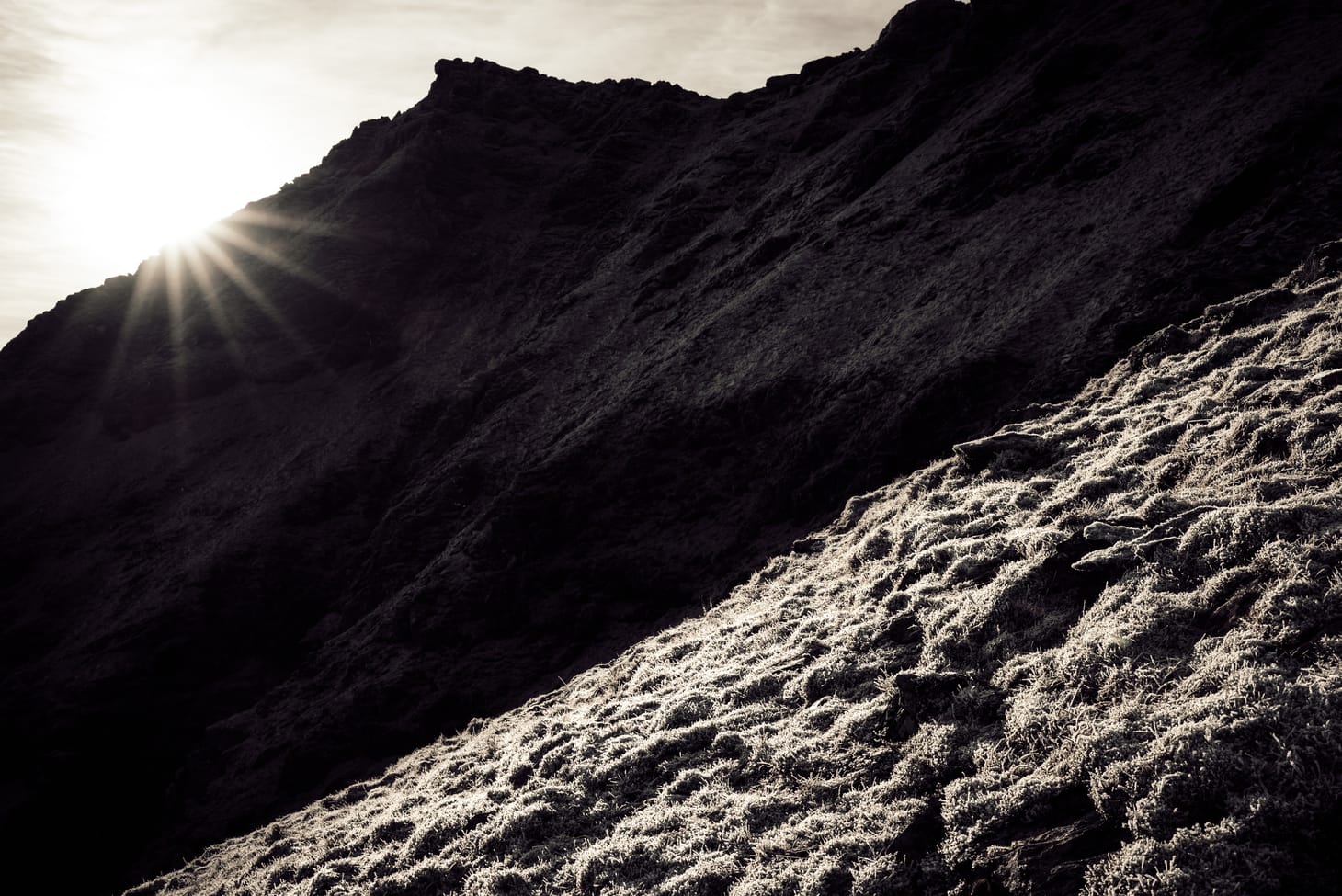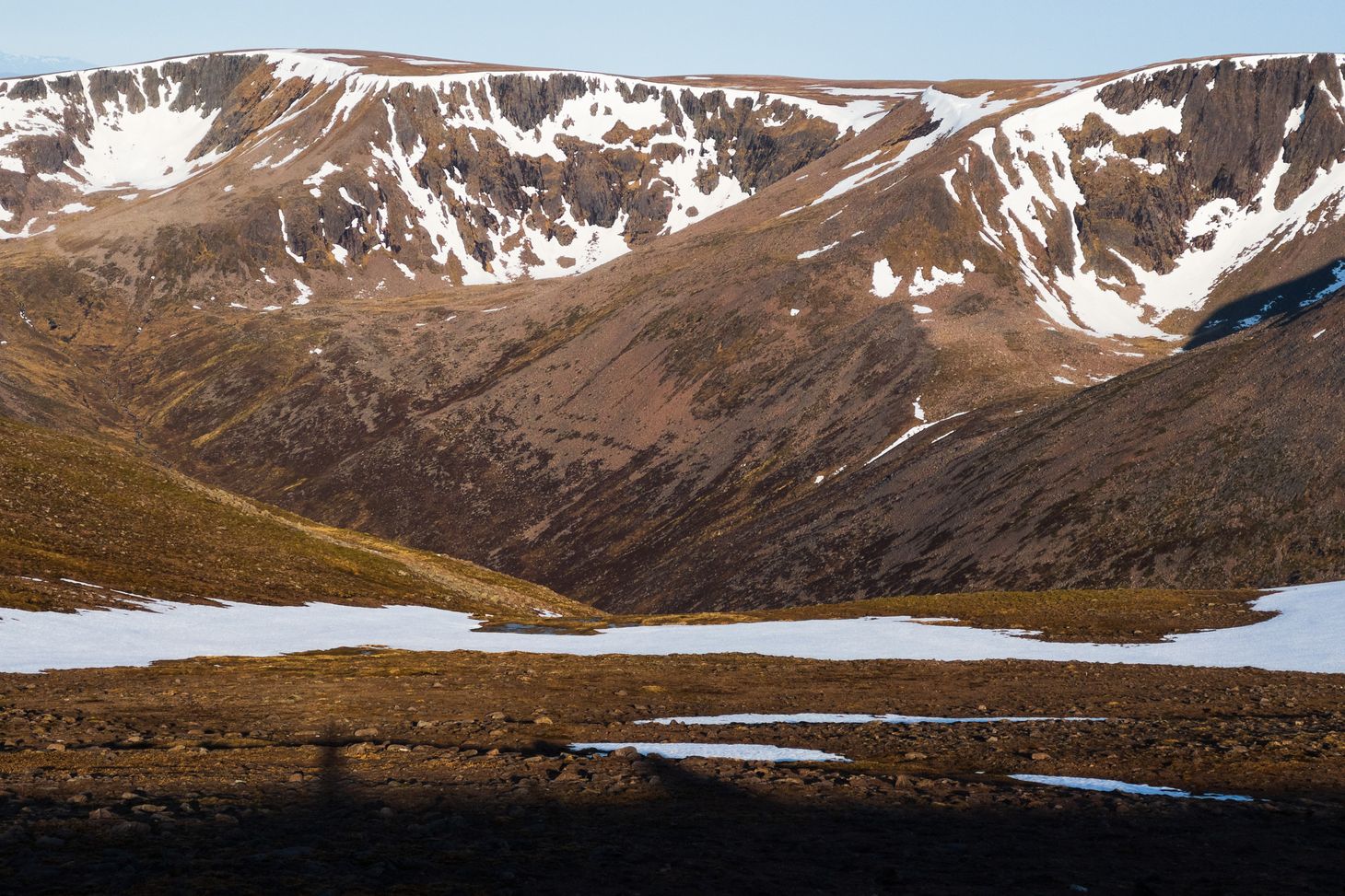Last months in Lincolnshire
I have learned more about my relationship with mountains by 11 years living in Lincolnshire than I ever did when I lived in the mountains.
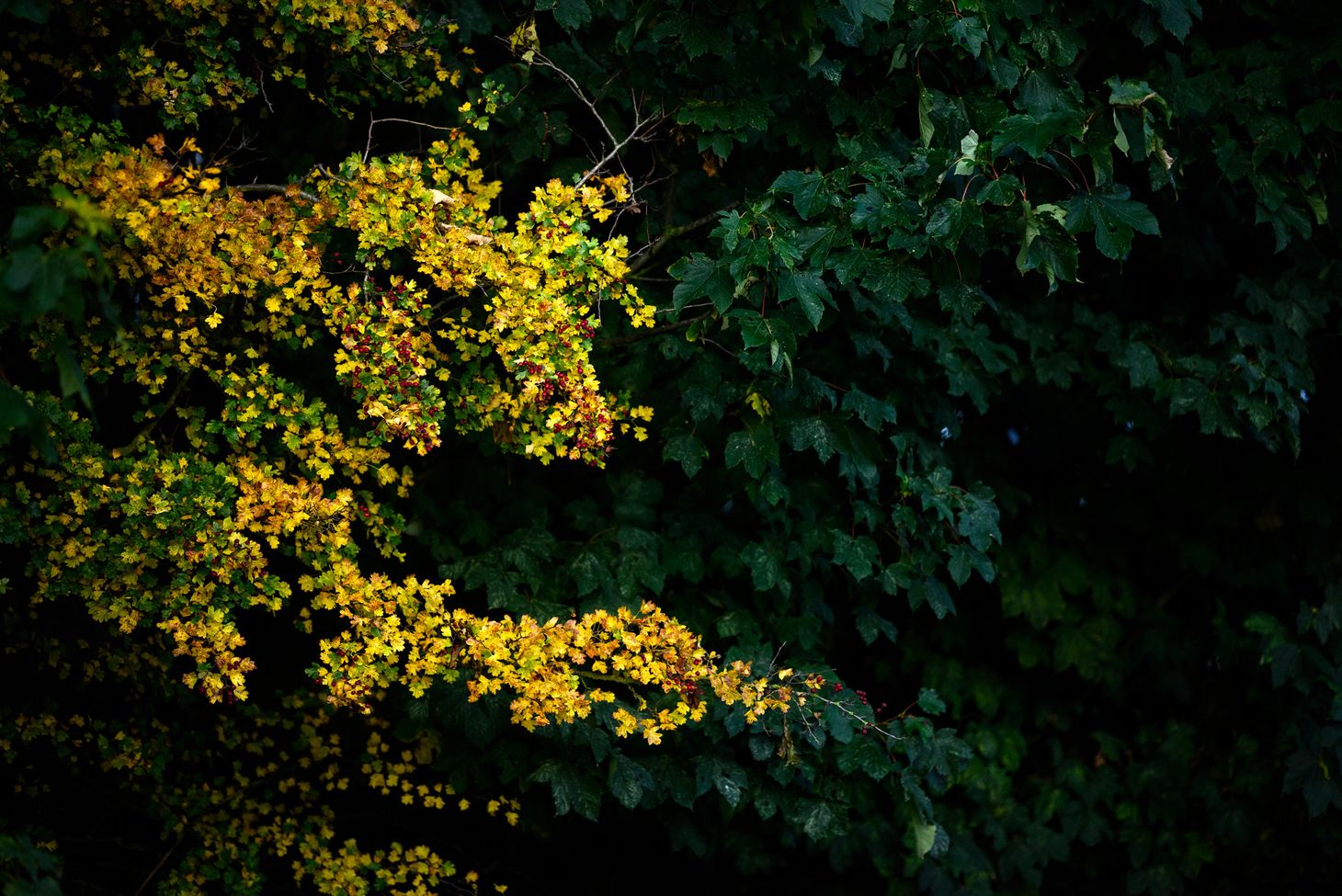
Much like the knowledge of mortality can give life itself a richer flavour, the knowledge that you are coming to an end of your time living in a particular place can consolidate your perception of it. For eleven years now I have lived in Burgh-le-Marsh on the edge of the Lincolnshire Wolds. I moved here from Glen Coe – a big move for me, but one taken gladly, as it meant a chance to start a new life with Hannah and gain a different perspective on so many things (including the mountains I love). But the wheel of life turns, and next year we'll be moving back north. I'm grateful, too, for that opportunity.
I've long had a mixed and often contradictory relationship with the landscape of Lincolnshire. I chafe against its rigid boundaries, its political environment, its crushed and pulverised ecosystems, but I've also grown to love many of its quiet places – the wild corners that most people don't know or think about. Learning to see the wildness and beauty here has taken more sensitivity, more of a shift in my own perception, than anything else I've known. Anyone can appreciate nature in a place like the Scottish Highlands. It's easier to take for granted there, despite the many pressures and complications that nature faces. To love nature in Lincolnshire is a far more challenging prospect. And, just as resistance makes muscles stronger, I believe that training the eye and the heart in a place like this makes them keener.
I have learned more about my relationship with mountains by living in Lincolnshire than I ever did when I lived in the mountains.
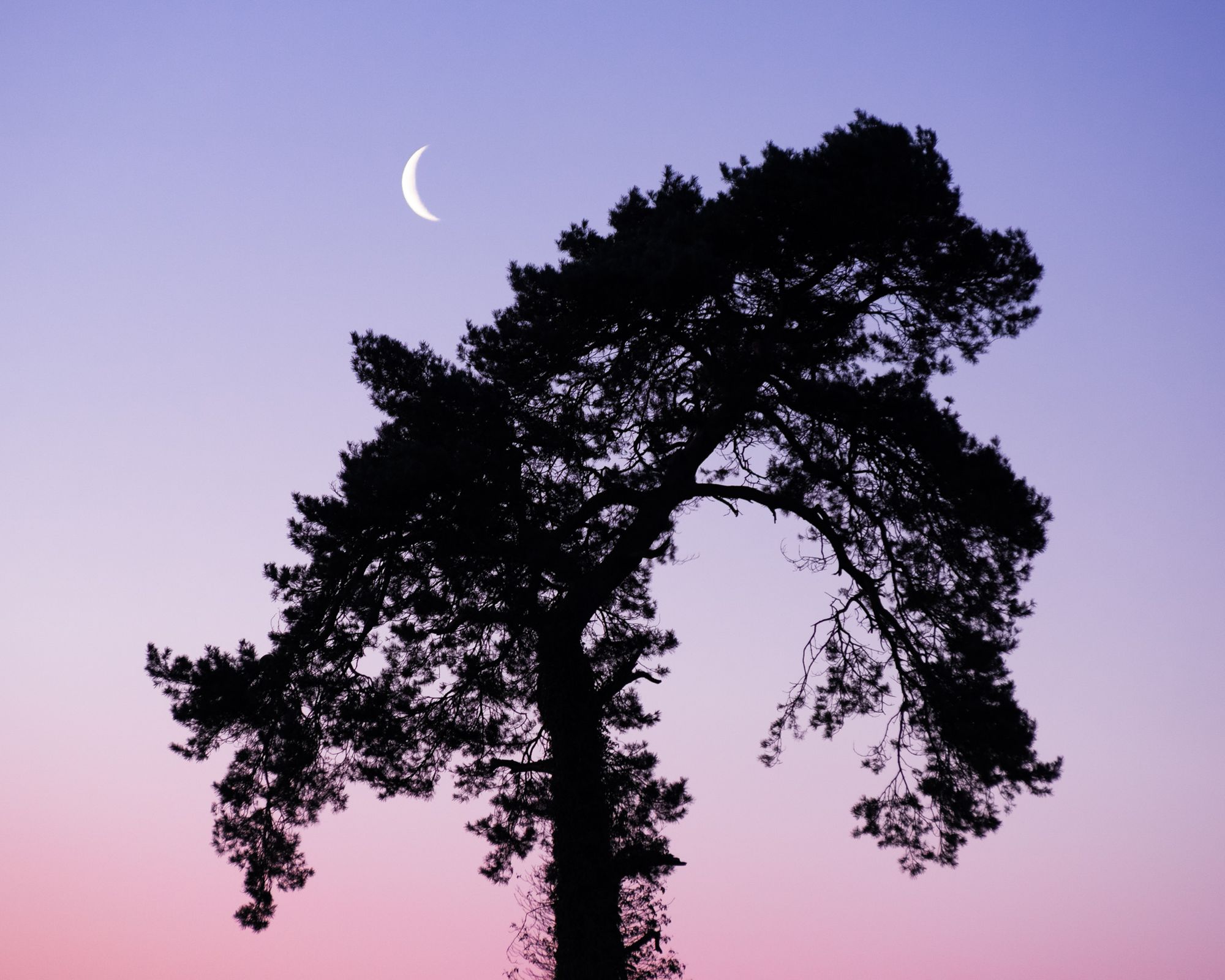
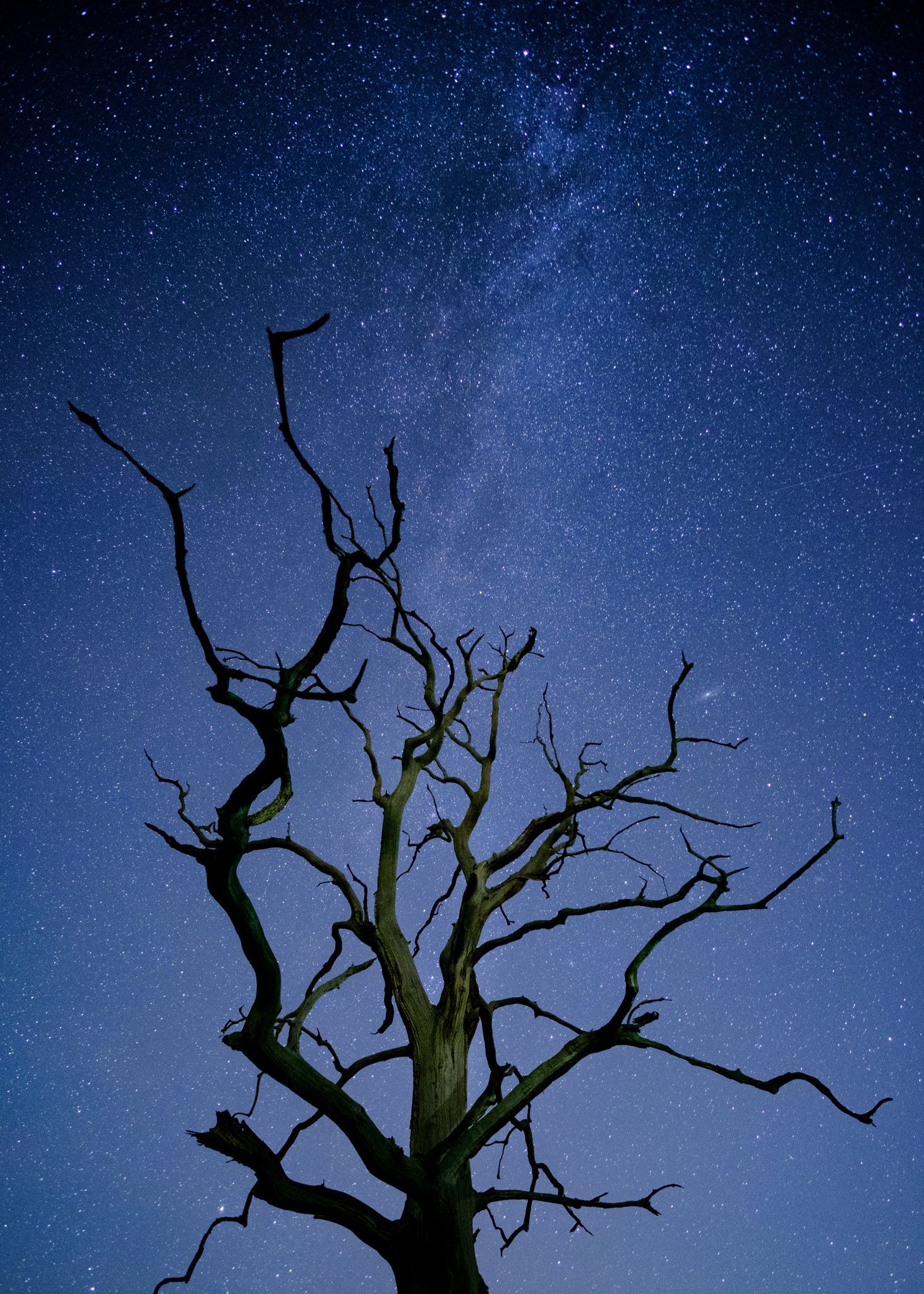
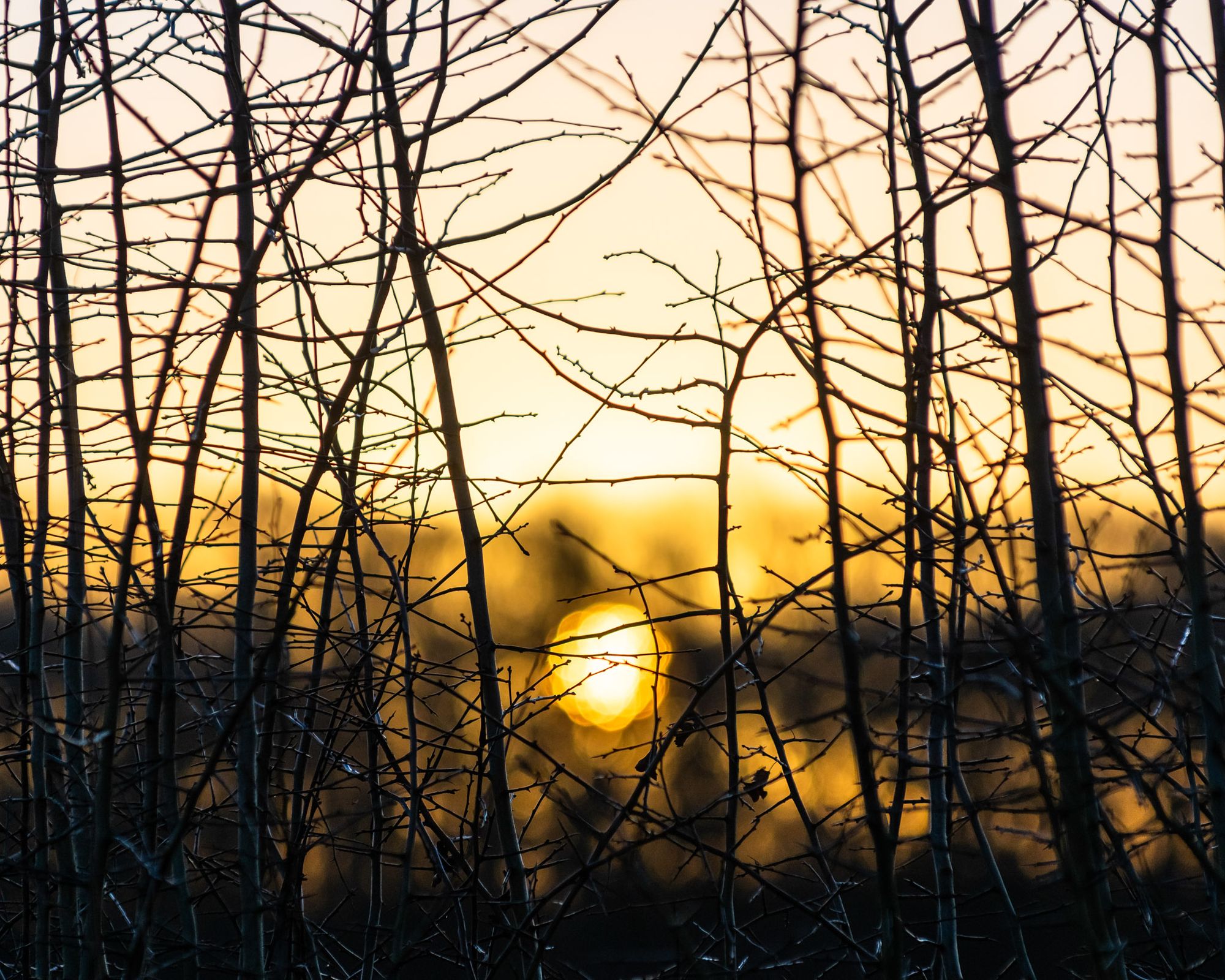
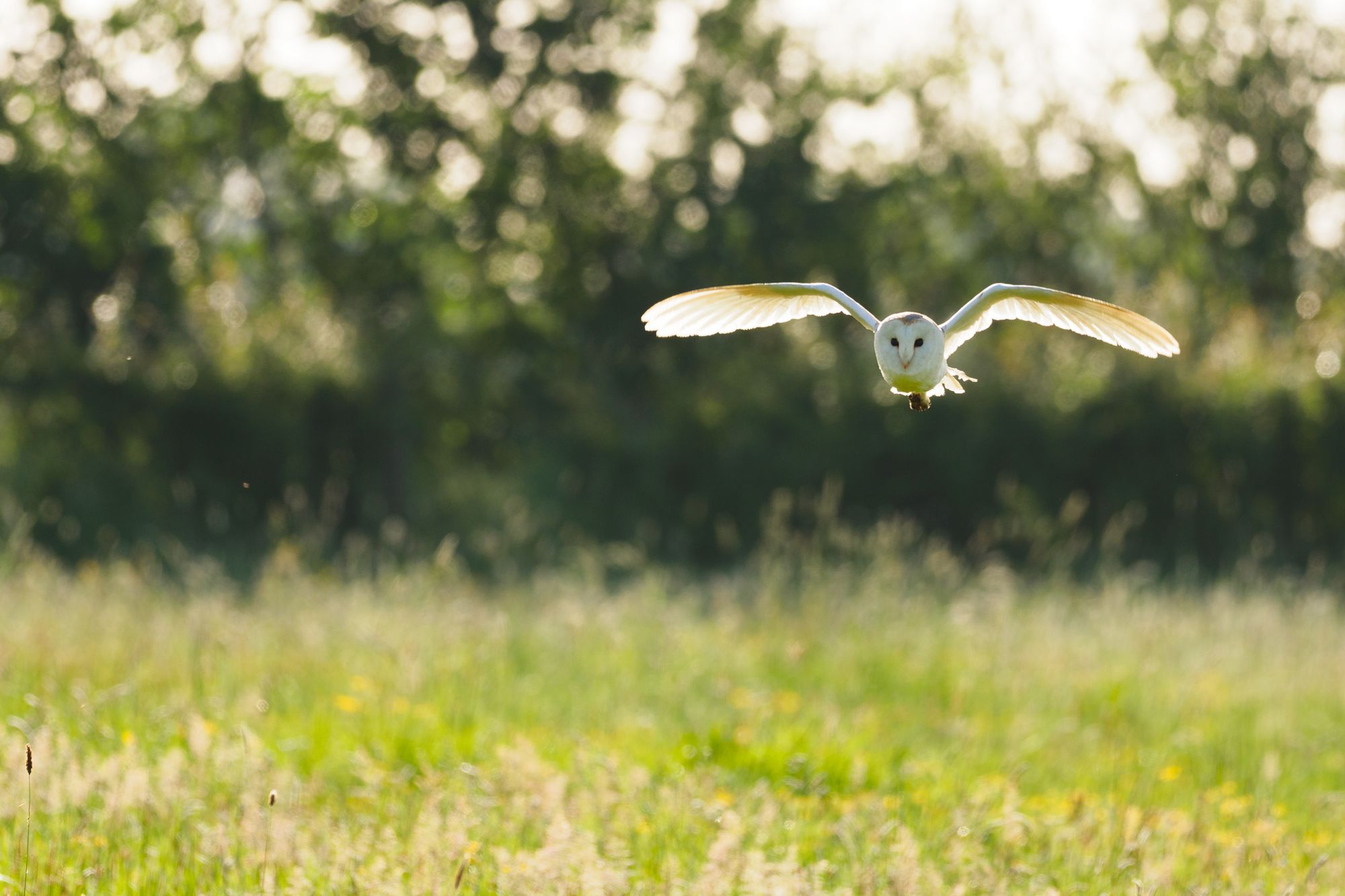
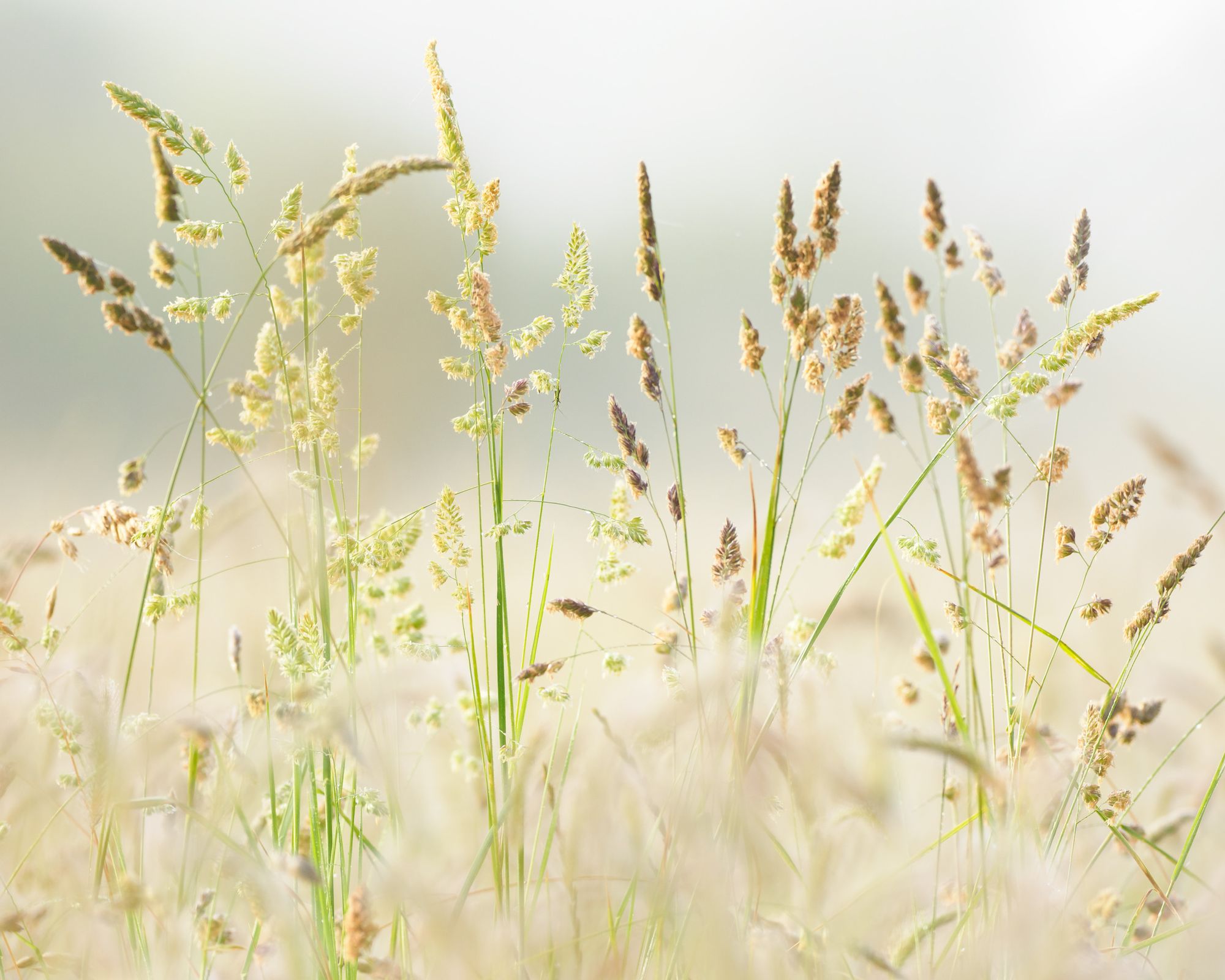
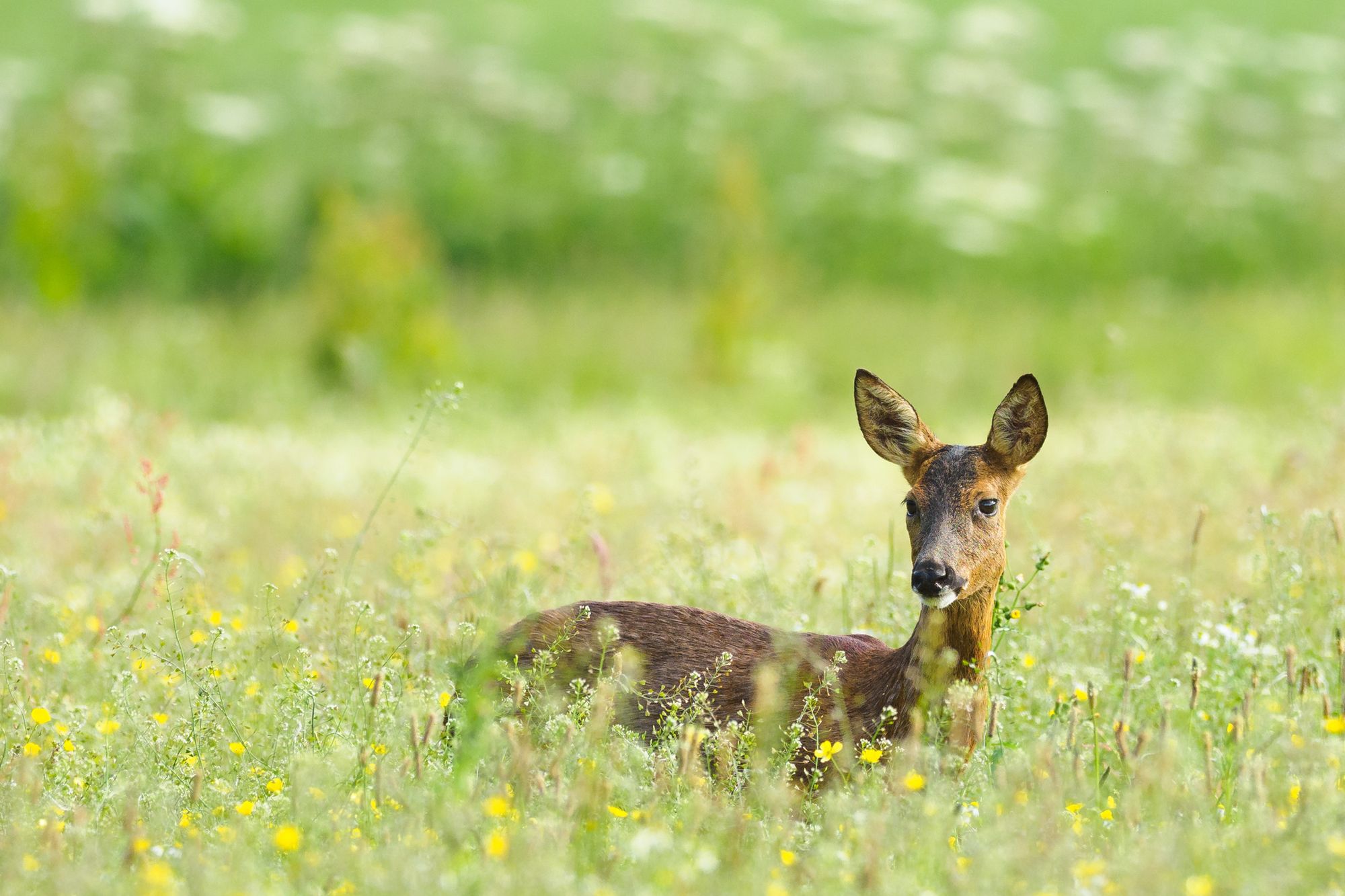
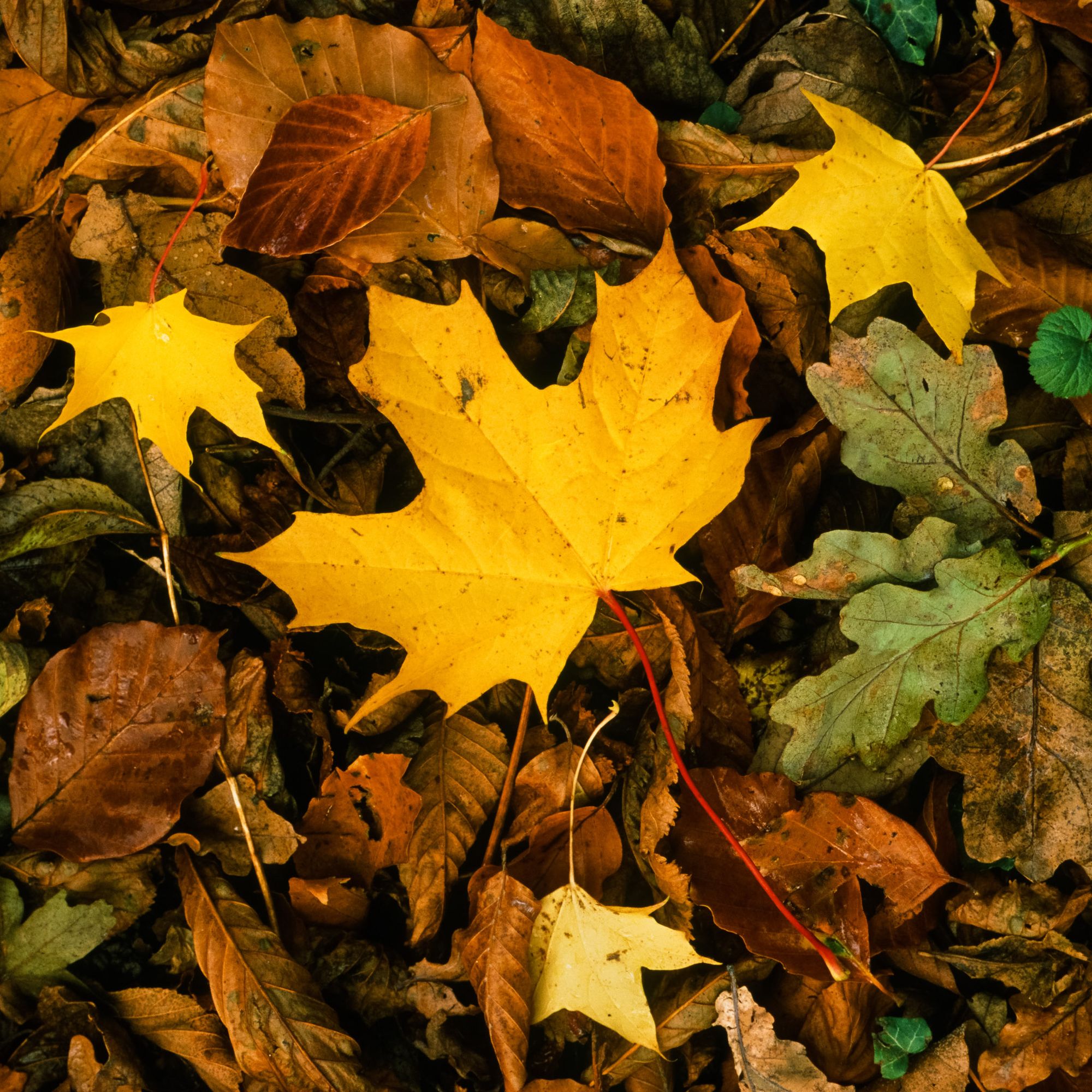
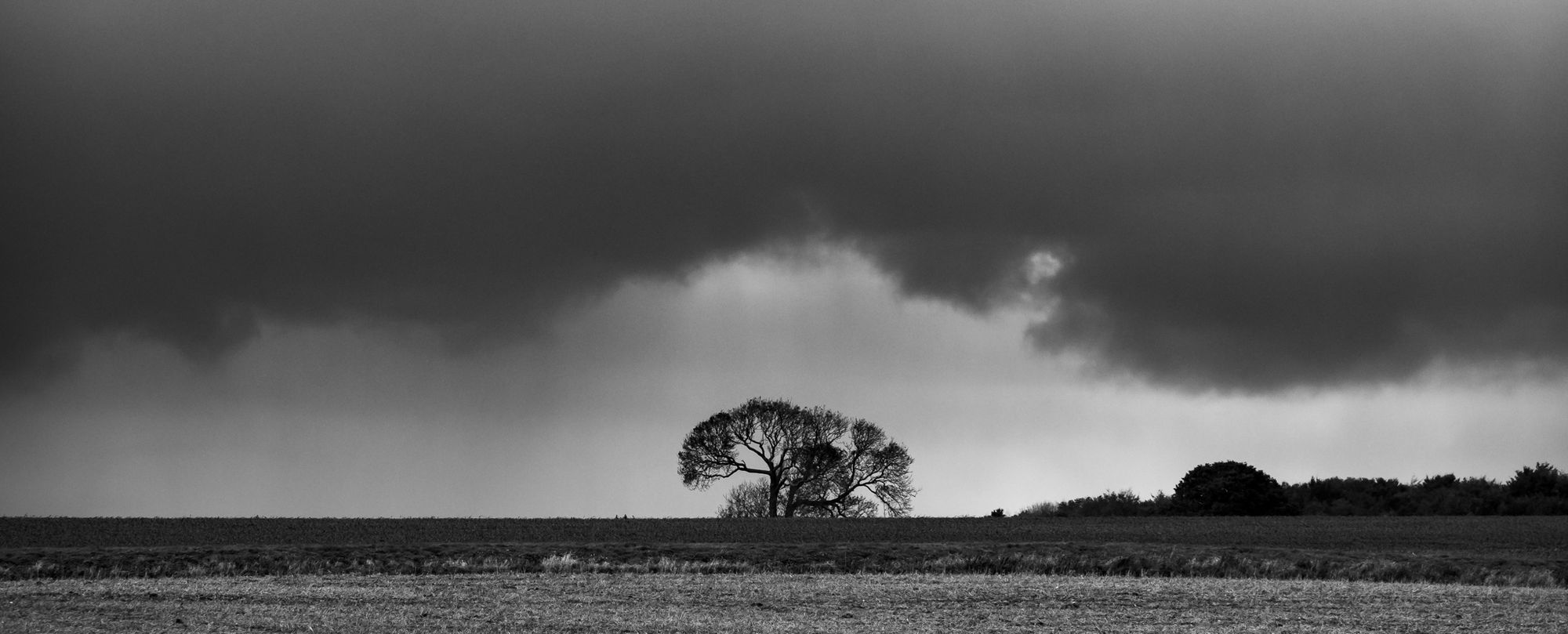
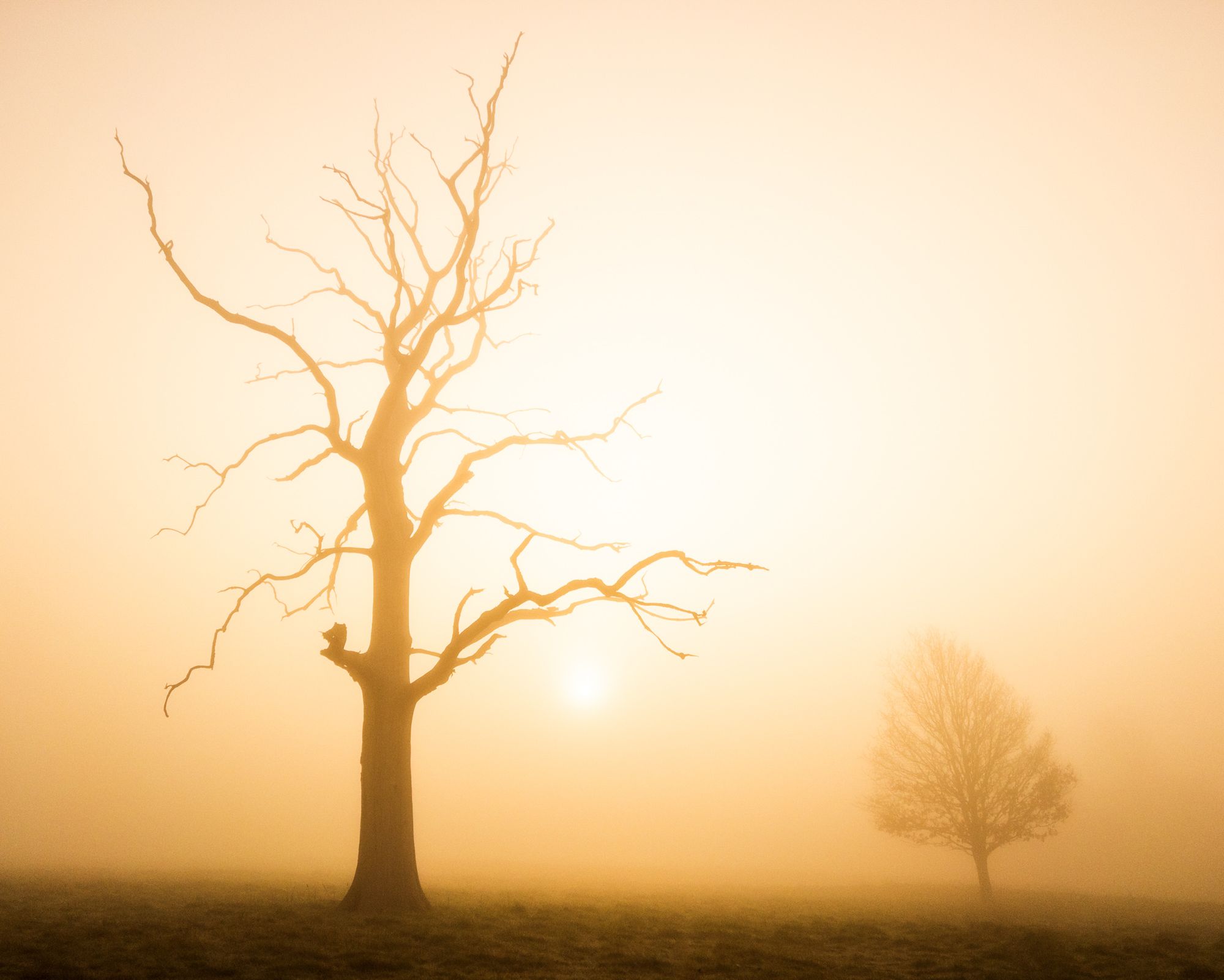
As a photographer, Lincolnshire has been the making of me. Although I still have much to learn, I have honed my eye for composition and detail, learned to see things I never would have seen had I remained in Scotland. It takes more sensitivity to create a meaningful photograph in this place than it does in somewhere filled with obvious natural beauty. I head out with a portrait lens into my local woodland, or just down the lane, and I always see something new, something worth seeing.
The way in which I see things is radically different.I've become all the more conscious, too, of how embattled nature is in the rural corners of England. I'm not one to follow the narrative that 'farming = bad', because I know that reality is a lot more complicated than that, but I have seen habitats destroyed, animals persecuted, land scraped to the bone for no very good reason other than it has always been done this way. Nature is under threat everywhere, but arguably nowhere more so than here. It's important to witness this.
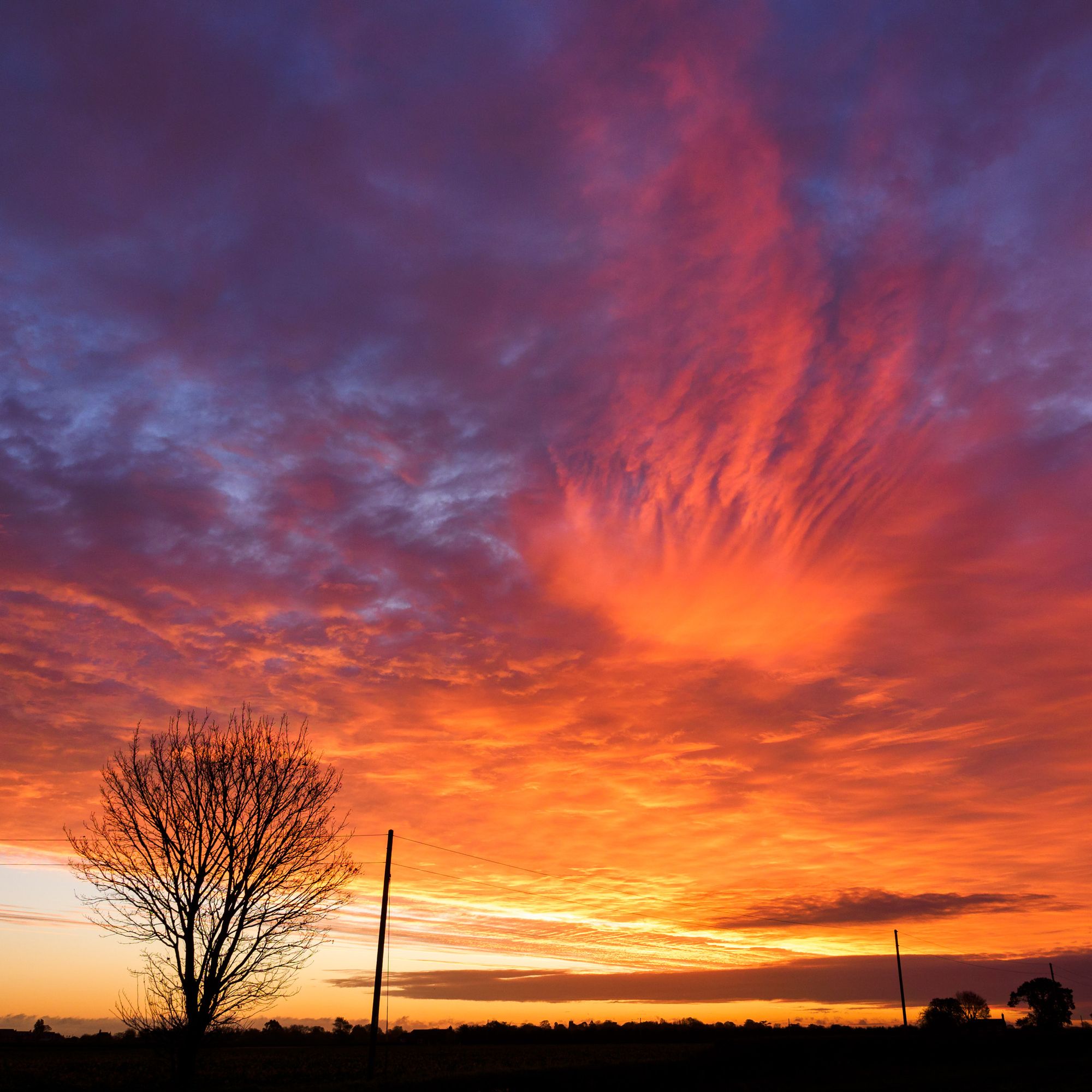
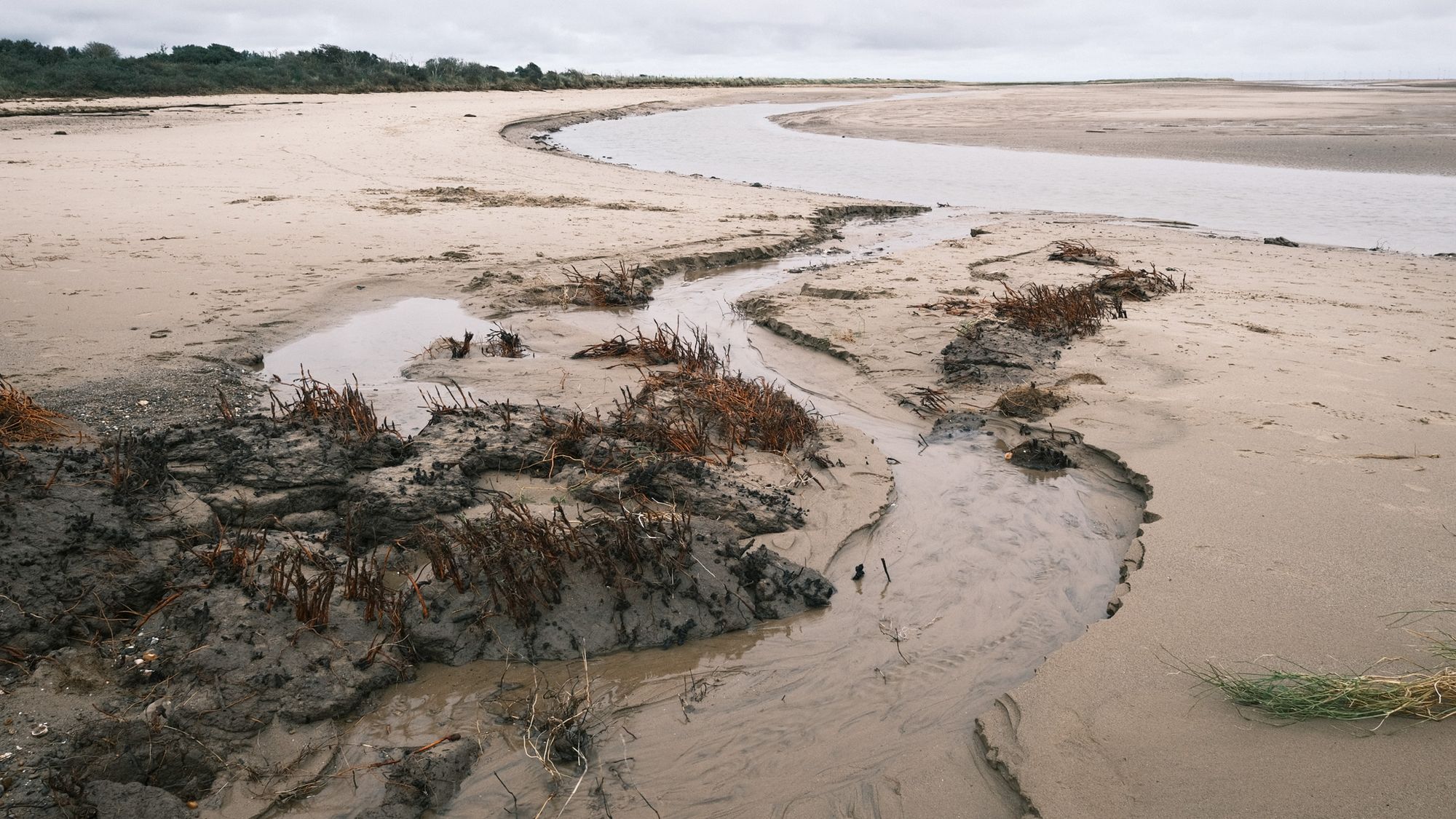
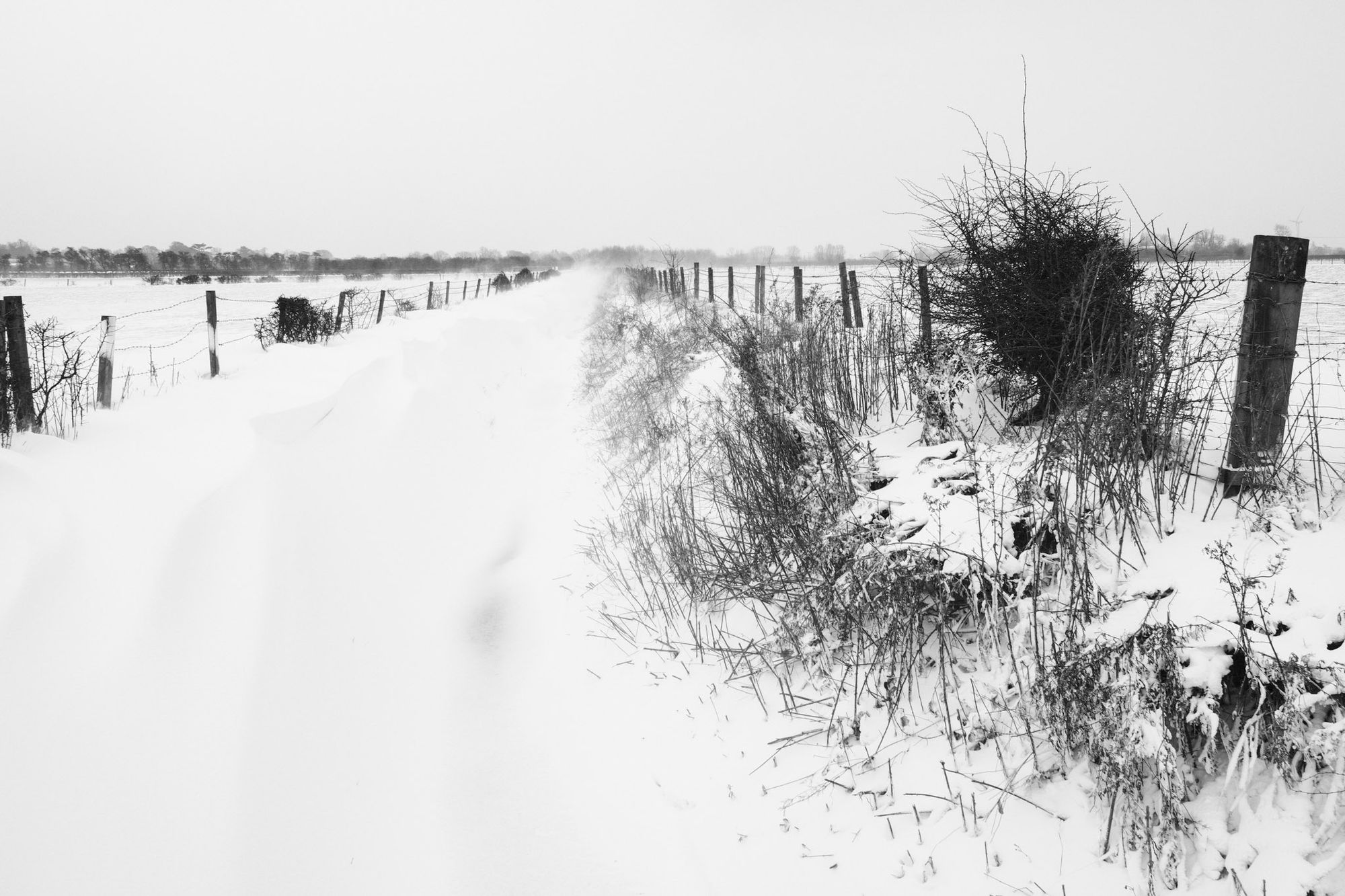
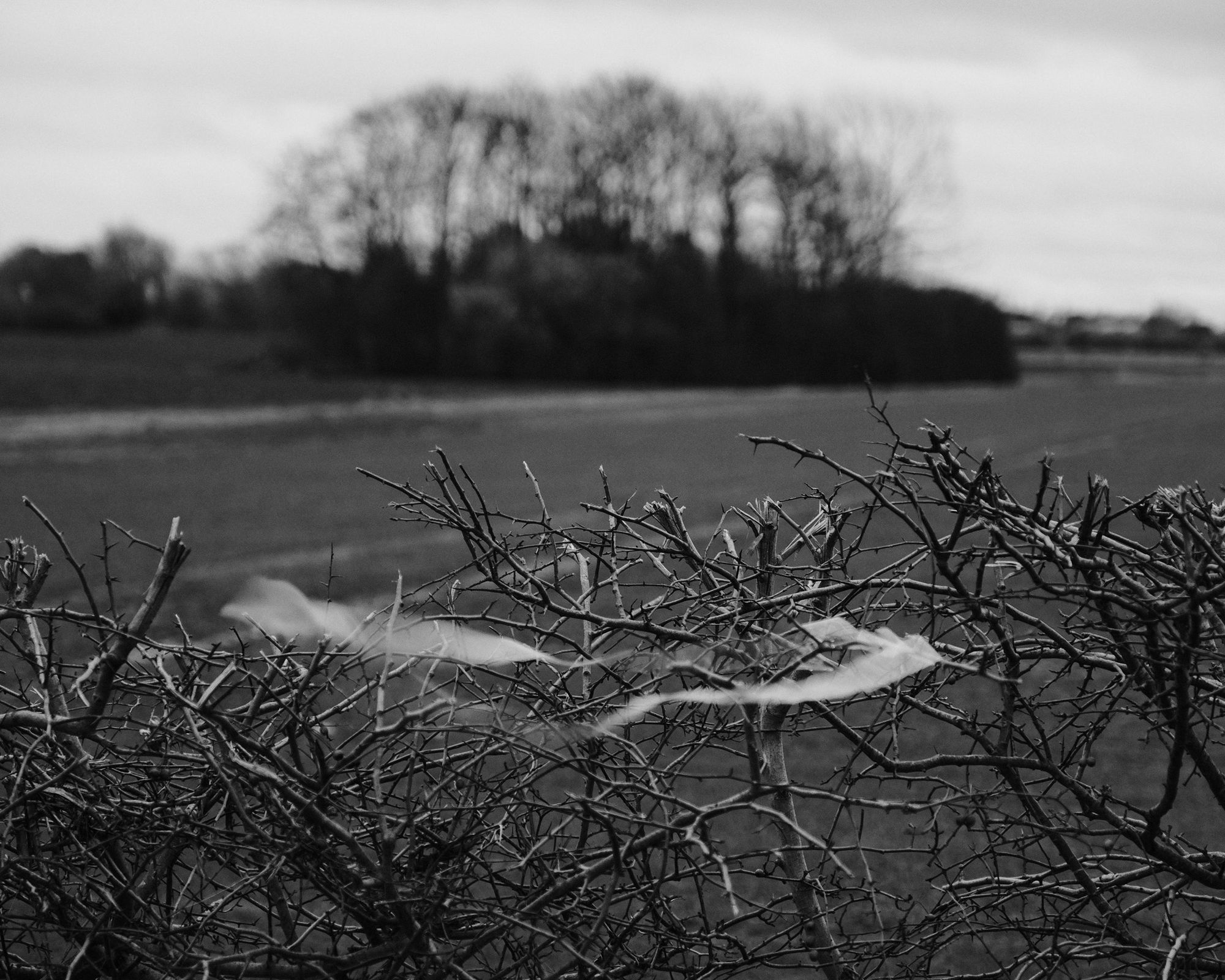
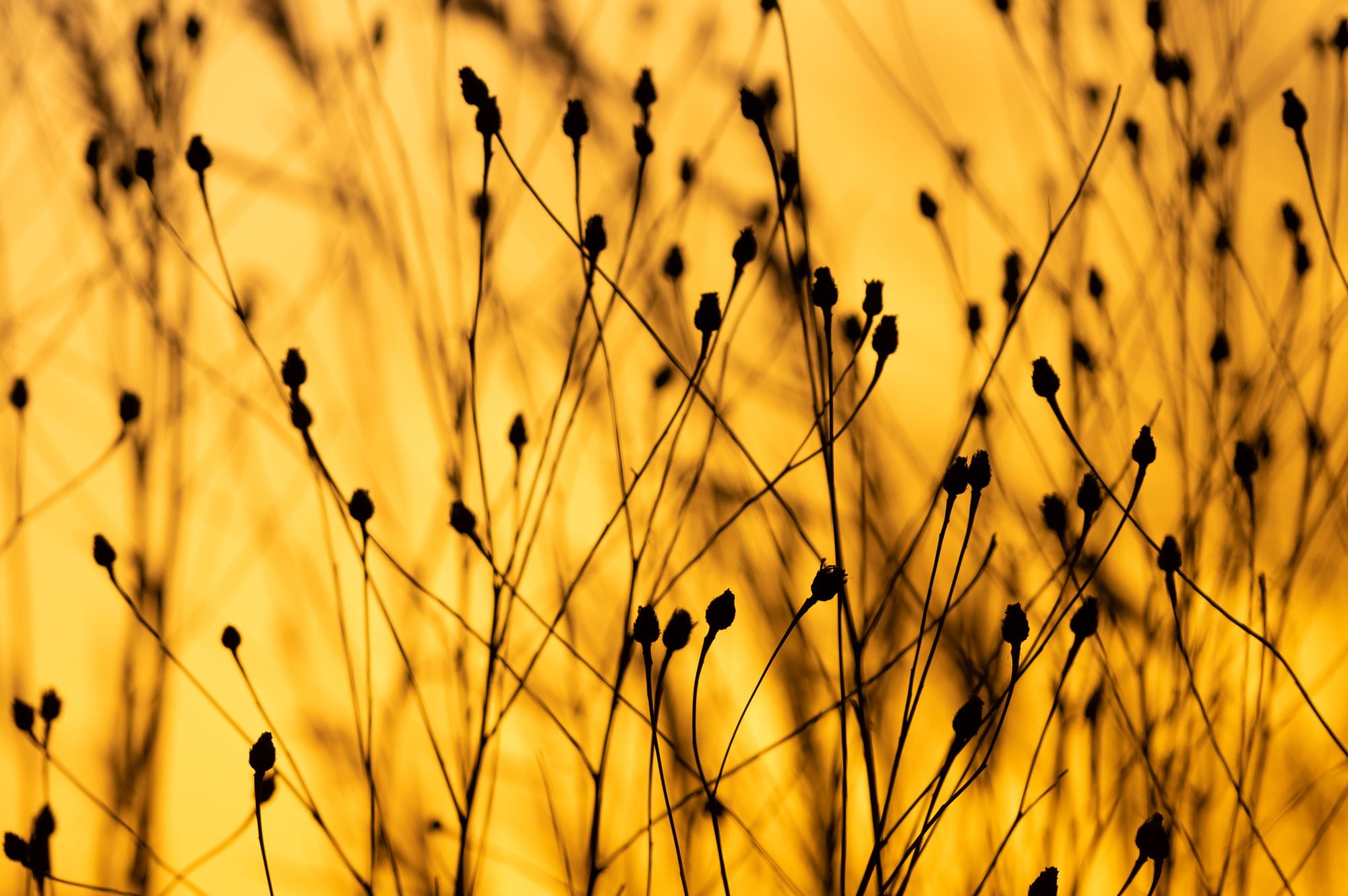
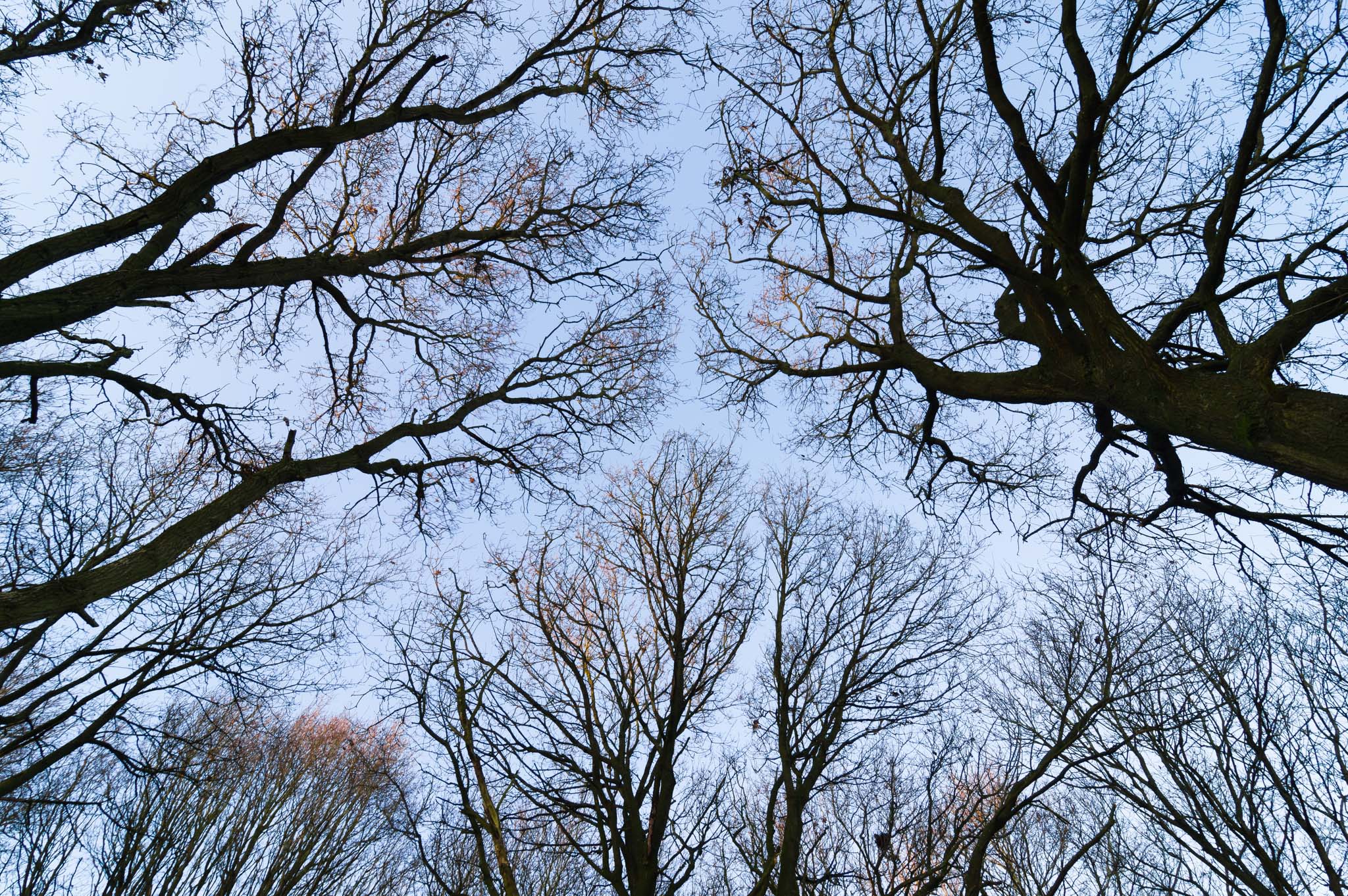
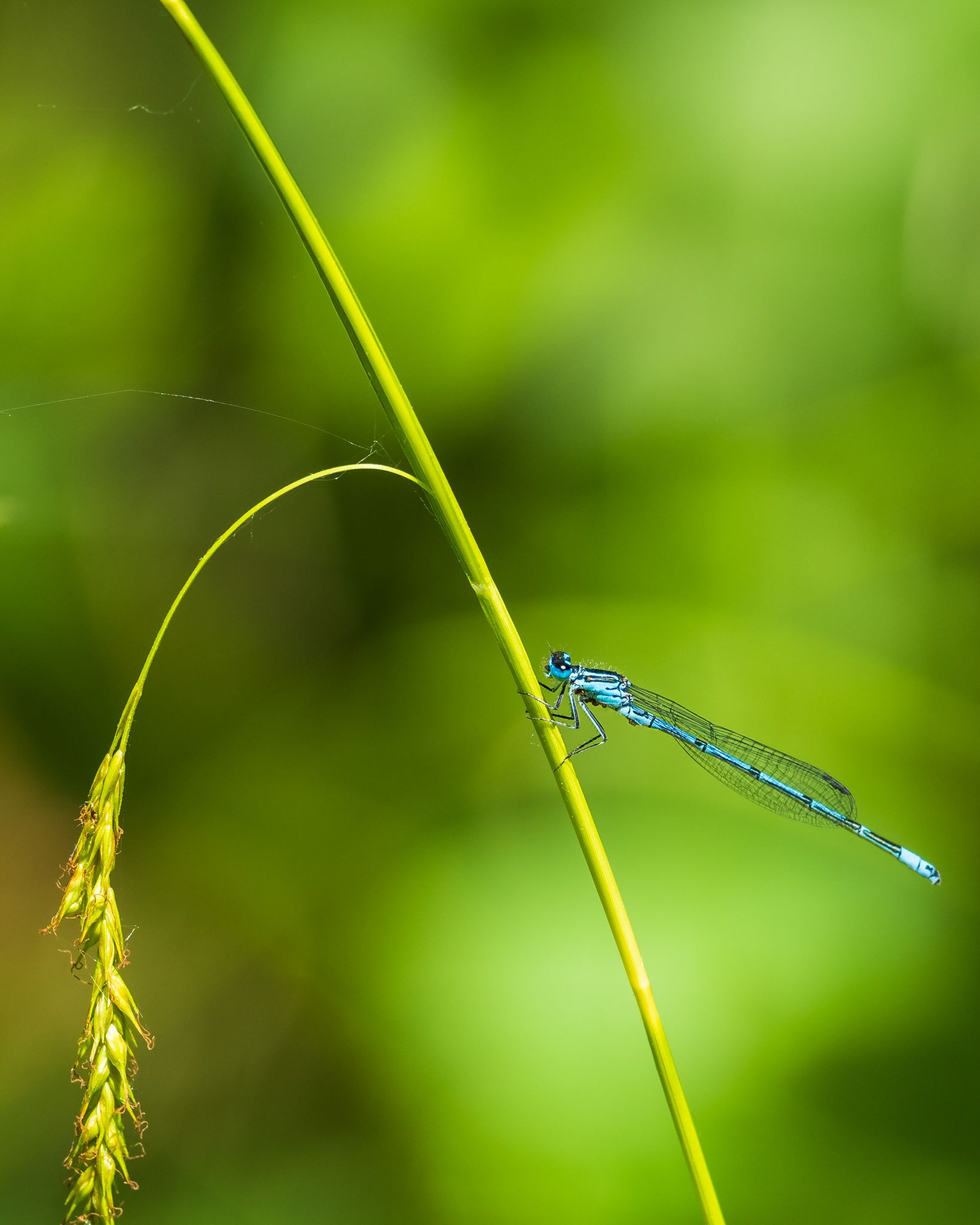
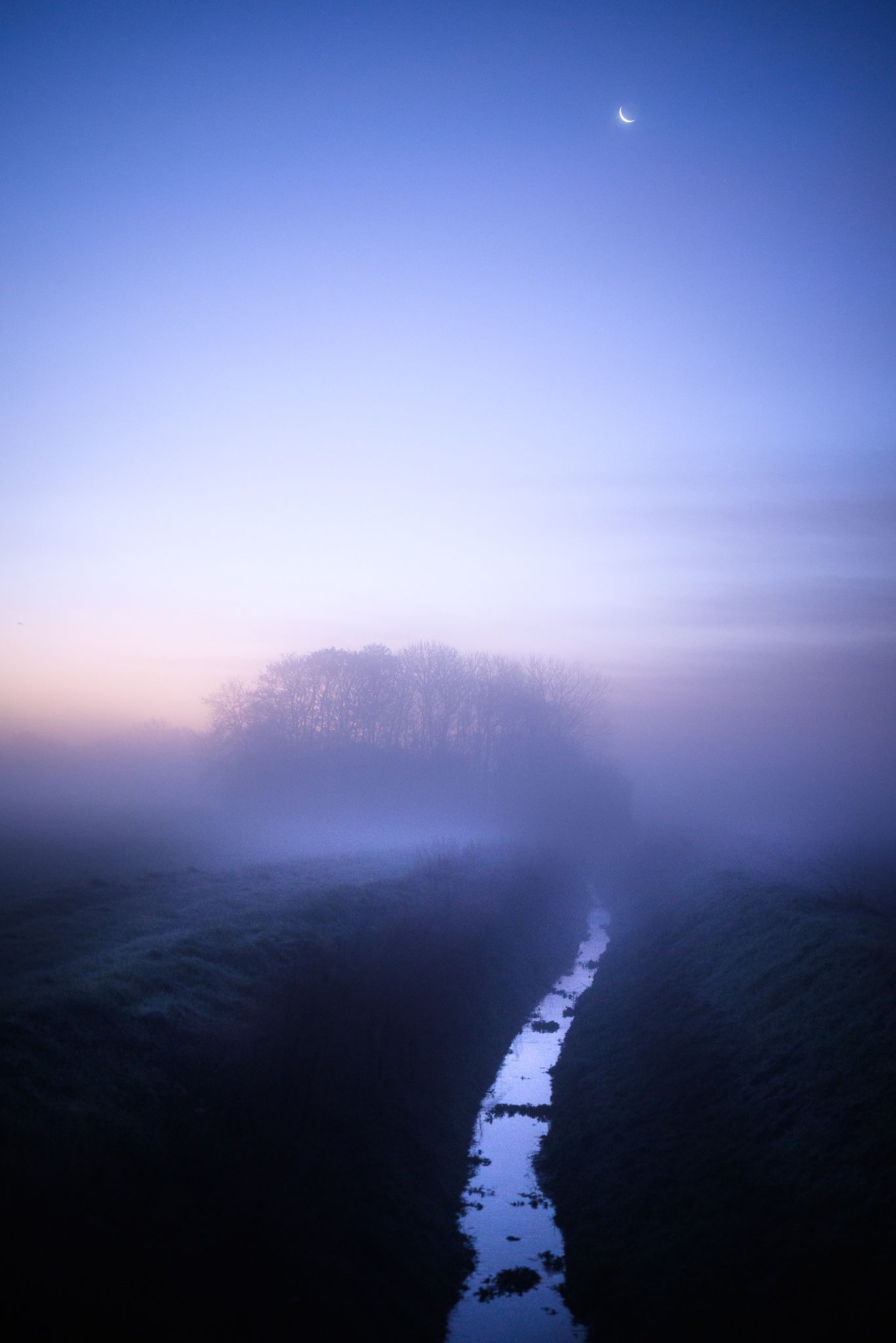
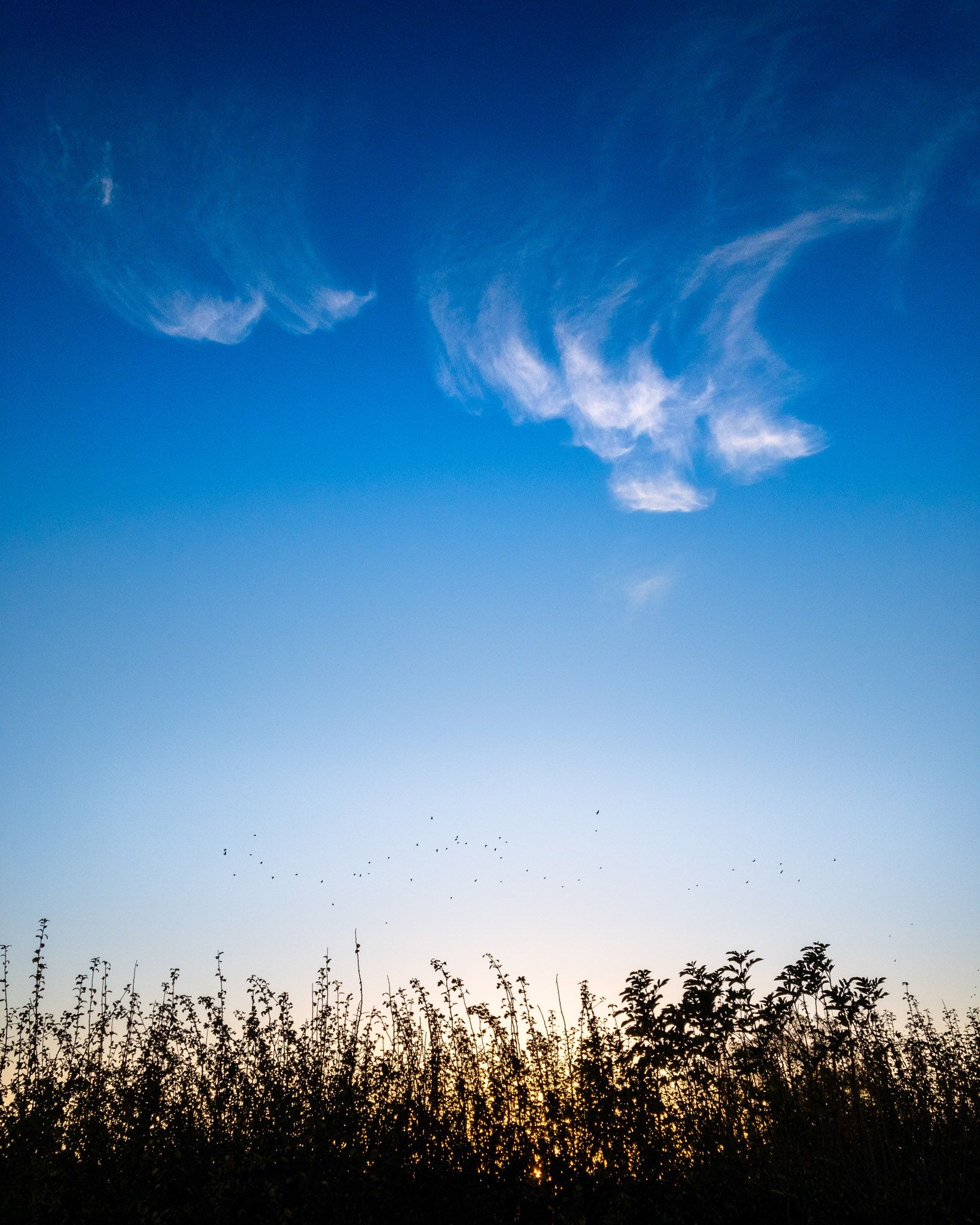
In a couple of months, Hannah and I will begin looking for somewhere to live in the Highlands. I can't wait for the next chapter in our lives, but at the same time I'm conscious of another chapter closing, and I have never been one to wish time (or experience) away. I remember when my parents sold their house in Suffolk, in October 2014, several years after I moved away. I'd been returning every now and again for a couple of years, and those last few visits felt like the final pieces of a puzzle falling into place; only when I knew that this part of my life would at last be ending did I fully understand it, fully appreciate everything it had taught me. I wrote about my relationship with the Suffolk Sandlings in my blog post 'The gift of impermanent permanence'. Now, faced with the prospect of moving away from Lincolnshire, I feel much the same way about my time here. Much as I like to complain about Lincolnshire, moan/joke about living in Toryland and how far it is to get to the mountains, I have also loved living here and I will miss it.
More than a decade of walking the Lincolnshire Wolds with camera in hand has taught me far, far more than I ever expected. Time on trail changes the mind, as I've written about before – makes it feel more like a river-washed stone than a cog in a machine. But the same is true of time spent repeatedly tramping the muddy, mundane trails of home, looking at the same flail-cut hedgerows and puddles day after day, watching and listening for the smallest sign of the wildlife you have so gradually come to learn is there. I would not trade a moment of that time for anything.
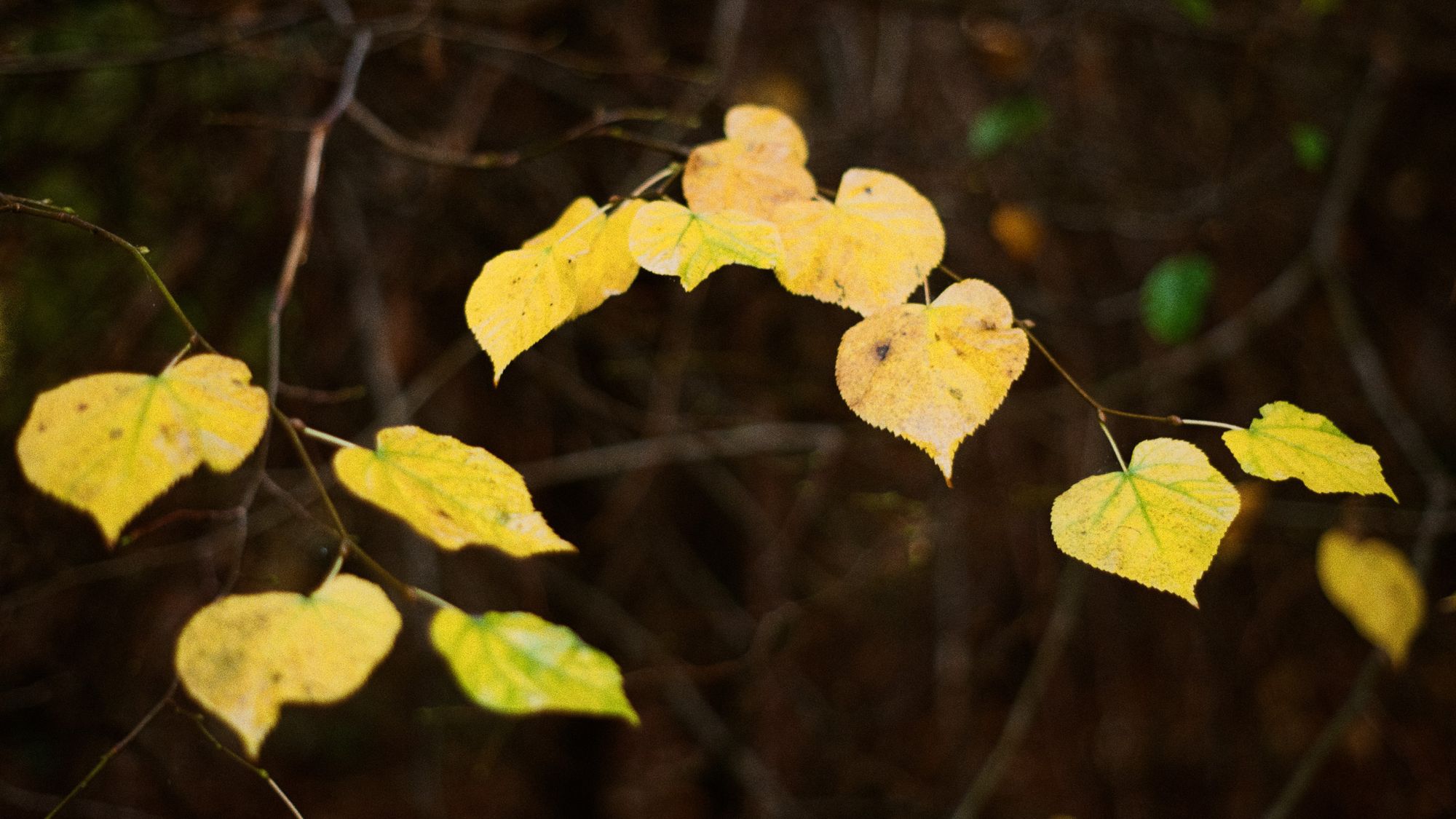
Alex Roddie Newsletter
Join the newsletter to receive the latest updates in your inbox.

